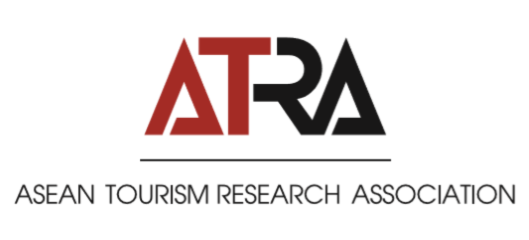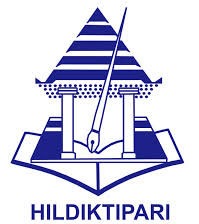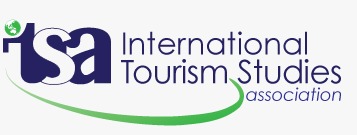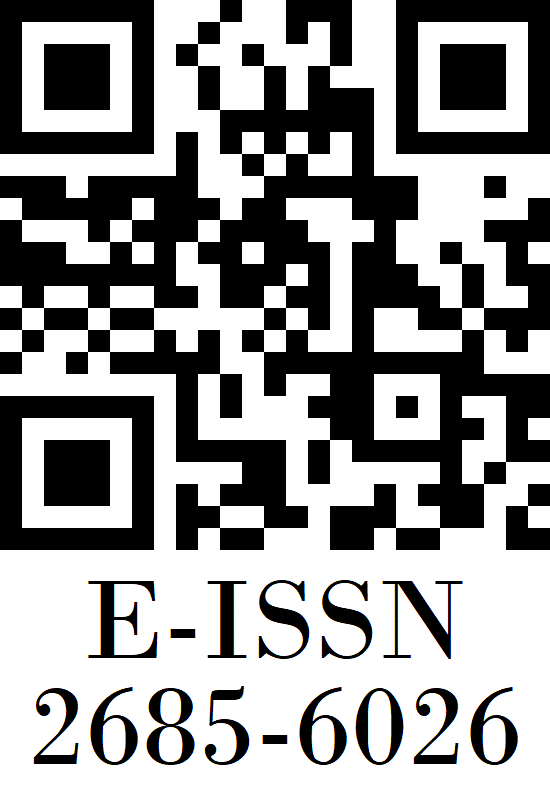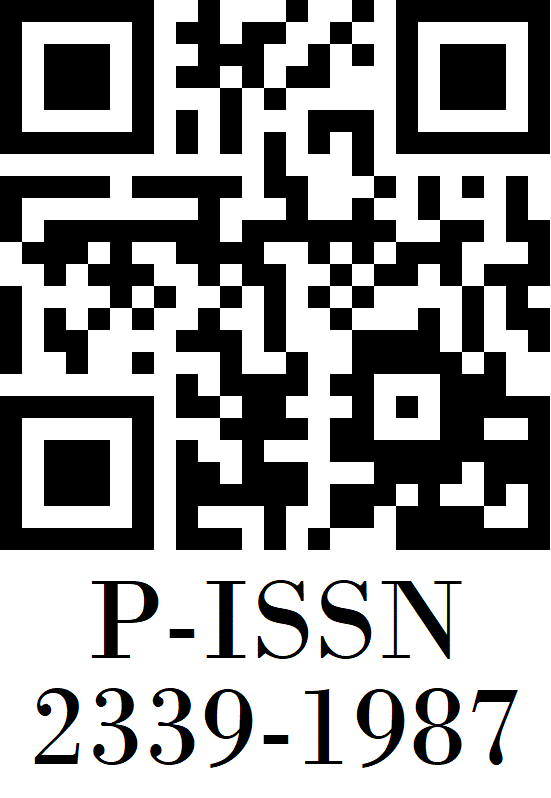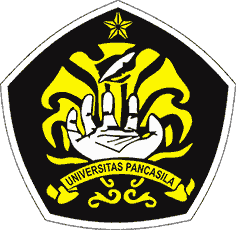Sustainable Tourism sebagai Instrumen Strategis dalam Perencanaan Pembangunan Suatu Analisis dari Sisi Pengembangan Destinasi Pariwisata Berkelanjutan
Abstract
Sustainable tourism development guidelines and management practices are applicable to all forms of tourism in all types of destinations, and all types of tourism, whether it is ‘mass tourism’ or ‘niche tourism’. Sustainable ways of managing destinations can be defined by considering their competitive position and their stage in the destination life cycle in the interest of achieving sustainable tourism outcomes. This paper discusses factors that could ensure the sustainability of tourism and appropriate policy that needed to be implemented in order to prevent tourism from creating negative environmental and socio-cultural impacts in the respective tourist destinations. Within the discussion, reference is made to several tourism destinations. Towards the end of the paper, planning approaches that are needed to conserve the intrinsic qualities of selected tourism destination are suggested.
References
Alisyahbana, Armida S. 2011. Arah Kebijakan Pembangunan Nasional Dalam Menunjang Pariwisata Daerah, Jakarta: Kementerian Perencanaan Pembangunan Nasional.
Darsoprajitno, H. Soewarno. 2002. Ekologi Pariwisata: Tata Laksana Pengelolaan Obyek dan Daya Tarik Wisata, Bandung: Penerbit PT. Angkasa.
Gardner, William C. 1996. Tourism Development: Principles, Processes and Policies, Von Nostrand Reinhold, New York, Madrid and Singapore: International Thomson Publishing Inc.
Hartanto, Frans Mardi. 1997. Menjelang Pembangunan Pariwisata Berkelanjutan, Perspektif Perencanaan Kebijakan/Perencanaan Pariwisata Berkelanjutan, Bandung: Penerbit ITB.
Kimura, Hirotsune. 2011. Tourism, Sustainable Tourism and Ecotourism in Developing Countries. Paper for ANDA International Conference, Nagoya : Graduate School of International Development, Nagoya University
Kozak, Metin. 2004. Destination Benchmarking: Concepts, Practices and Operations, Walingford, Oxon: CABI Publishing.
Mak, James. 2004. Tourism & The Economy: Understanding The Economic of Tourism, Hawaii: University of Hawaii Press Book
Nuryanti, Wiendu. 2010. Pembaruan Penataan Ruang Untuk Perbaikan Kualitas Hidup Di Daerah Dengan Pendekatan Kepariwisataan, Paper Rapat Kerja Nasional IA-ITB, Yogyakarta.
Sujas, Winarno. 2010. Kebijakan Strategi Pengembangan Pariwisata Indonesia Berdaya Saing, Paper Seminar Fakultas Pariwisata Universitas Pancasila, Jakarta.
Suhardy, Harry. 2013. Studi Kelayakan Destinasi Pariwisata, Diktat Perkuliahan Fakultas Pariwisata Universitas Pancasila, Jakarta.
UNWTO dan UNEP. 2005. Making Tourism More Sustainable – A Guide for Policy Makers
UNWTO. 2004. Indicators of Sustainable Development For Tourism Destinations, Madrid: WTO
UU No 6 Tahun 2006 Tentang Penataan Ruang, Kementerian Pekerjaan Umum Republik Indonesia
UU No 10 Tahun 2009 tentang Kepariwisataan, Kementerian Kebudayaan dan Pariwisata, Republik Indonesia
Vabhove, Norbert. 2005. The Economic of Tourism Destinations, Butterworth, Heinemann, Amsterdam and New York: Elsevier
Wahab, Salah dan John J. Pigram. 1997. Tourism Development and Growth: The Challenge of Sustainability, London and New York: Rouledge
Yoeti, Oka A. 1977. Perencanaan & Pengembangan Pariwisata, Jakarta: PT. Pradnya Paramita
Yoeti, Oka A. 1999. Ekowisata: Pariwisata Berwawasan Lingkungan Hidup, Jakarta: PT. Perca
Yoeti, Oka A. 2005. Perencanaan Strategis Pemasaran Daerah Tujuan Wisata, Jakarta: PT. Pradnya Paramita.
Yoeti, Oka A. 2008. Ekonomi Pariwisata: Introduksi, Informasi dan Implementasi, Jakarta: Penerbit Buku KOMPAS.




